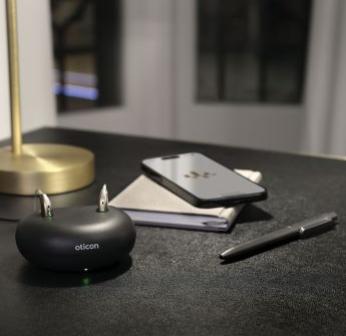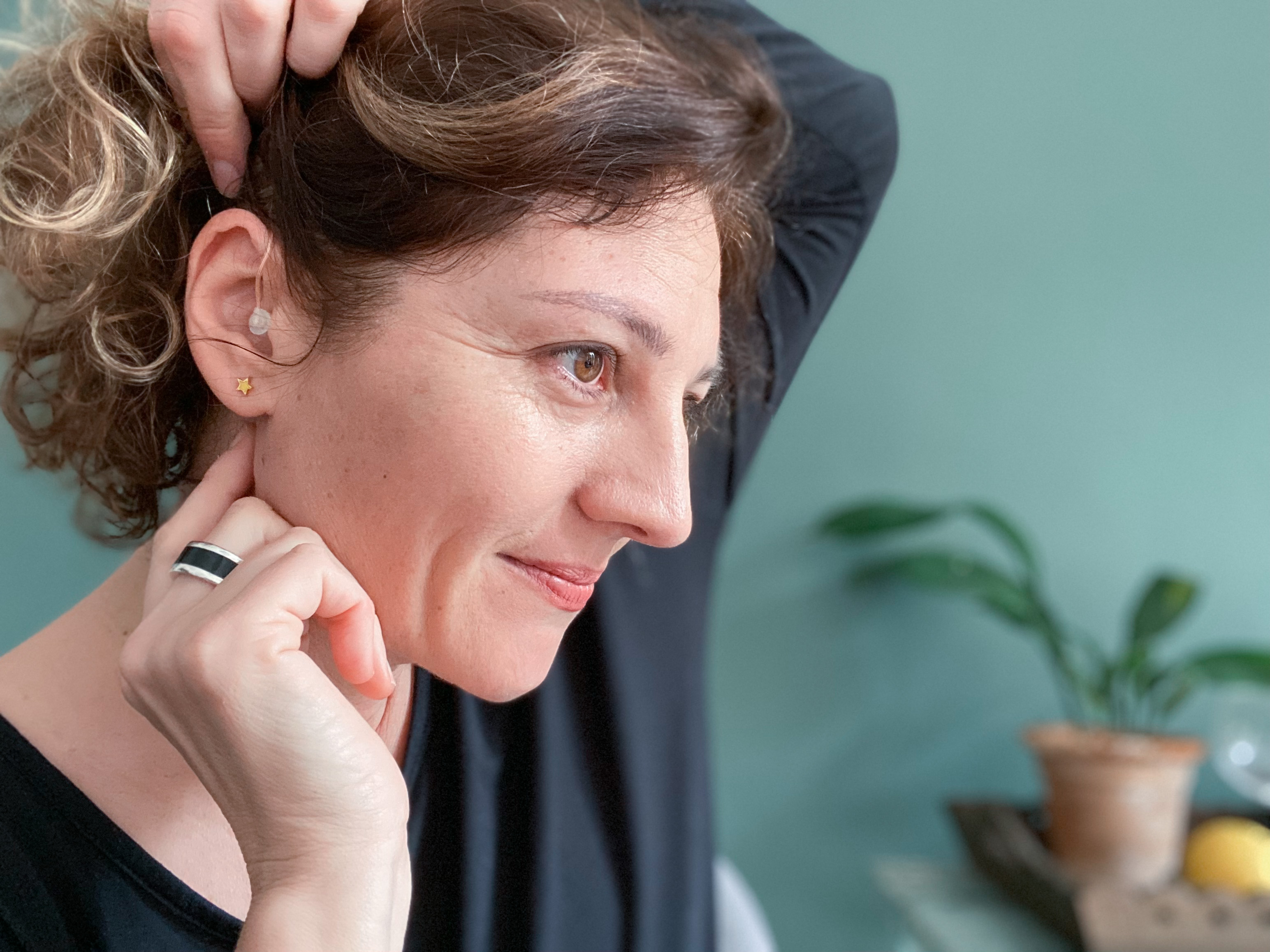Tinnitus Specialist London
Around 10% of us experience mild tinnitus continuously, while 1% suffer from more severe symptoms. Whether you are experiencing a continuous ringing or a buzzing sound in your ears, tinnitus can be a distressing condition, and can have a serious impact on the quality of your life.
Although there is no cure, there are, thankfully, a number of effective ways of managing the condition. Here at the Medical Chambers, our specialists have developed a holistic treatment approach that can support you as well as significantly help to reduce symptoms.
What are the symptoms of tinnitus?
Tinnitus is unique to every individual, but ultimately it is the experience of hearing a sound when there is no external sound present. You might hear ringing, buzzing, hissing, whistling or other noises, which can come and go, with the volume varying from one episode to the next.
Many people, especially those with mild symptoms, learn to ignore tinnitus. However, it can be hard to live with when it is severe, as it often affects sleep and concentration. It’s good to know there’s a lot we can do to help and advise you, including steps you can take yourself to help reduce the intensity of your tinnitus.
What are the causes of tinnitus?
Tinnitus can affect anyone of any age, and it can feel as if it gets worse when you’re stressed, anxious or just tired. It’s not an illness in itself and is often the symptom of other conditions, including the following:
- Underlying hearing loss – 80% of people with tinnitus also have a hearing condition
- Blocked ears due to ear wax
- Exposure to loud noises
- Side effects of medications such as aspirin, anti inflammatories and antidepressants
- A perforated eardrum
- Otosclerosis – a middle ear condition
- Neck or head injuries
- Neck or jaw conditions, such as TMD
- High blood pressure, cardiovascular disease, anaemia, allergies, thyroid conditions and diabetes
What happens at a tinnitus consultation?
The way you experience tinnitus will be unique and our specialist team will carry out an in-depth consultation to determine your particular symptoms.
We will carry out a comprehensive assessment of your hearing and a full range of diagnostic tests - including a full hearing test - to understand how your tinnitus manifests itself and the situations in which you experience it more intensely.
Afterwards we will have a detailed discussion and create a treatment plan tailored to your individual needs.
Your tinnitus evaluation
We offer a comprehensive range of diagnostic tests at our state-of-the-art audiology suite to help us understand the way in which tinnitus is affecting you.
Our tests include the following:
- Video-otoscopy – a detailed examination of your ear canal using a specialist ear microscope
- Hearing test using pure tone audiometry
- Tympanometry to identify any pressure, congestion or fluid in the middle ear
- Pitch matching – to test the frequency of your tinnitus
- Speech discrimination – to identify the frequency of your condition
How can tinnitus be treated?
Consultant Audiologist Dr Alam Husain is a leading expert in the treatment and management of tinnitus. After the full range of diagnostic tests he will work with you to create a holistic treatment plan.
He has developed the following multi-system approach, which significantly reduces the intrusive impact of tinnitus in many of his patients.

The underlying cause of tinnitus is often hearing loss, and providing accurately fitted hearing aids is an important part of any treatment plan. We provide a comprehensive hearing aid service with expert fine tuning of your devices. These devices can be highly effective in dulling or masking the sound of tinnitus by increasing the ambient sounds around you.

Dr Husain will work with you to incorporate a range of lifestyle changes including reducing caffeine, smoking and alcohol, which can be significant triggers for tinnitus. When it comes to coping with the condition, reducing stress and anxiety are also paramount, and therapies such as CBT and meditation will often form part of an effective treatment plan.

We will work out a detailed exercise and nutrition plan, both of which can be hugely beneficial. Regular exercise helps improve the blood flow to your ear structures, while vitamins A,C, E and magnesium can improve ear health. Vitamin B12 also protects the nerves of the inner ear, and a low salt diet can also help.

There is a vast range of apps and devices out there that can help you manage your condition. We are specialists in navigating this field and will guide you toward the most effective solutions for your needs. As well as targeted digital technology, there are wearable and non-wearable devices that can significantly lessen the impact of tinnitus.
The benefits of seeing a tinnitus specialist
Consultant Audiologist, Dr Alam Hussain, was formerly the clinical lead and head of audiology at St Mary's Hospital Imperial College Healthcare NHS Trust. He has many years experience running a specialist tinnitus and dizziness clinic and he is one of the leading clinicians in his field.
He combines expert scientific knowledge with a range of therapies - including clinical acupuncture and sound therapy – and has achieved significant success in managing tinnitus among his patients.
Make an appointment with our tinnitus specialist
To find out more about our private tinnitus management or to book an appointment at our hearing clinic call us (020) 7244 4200 or make an appointment online.









.jpg)



